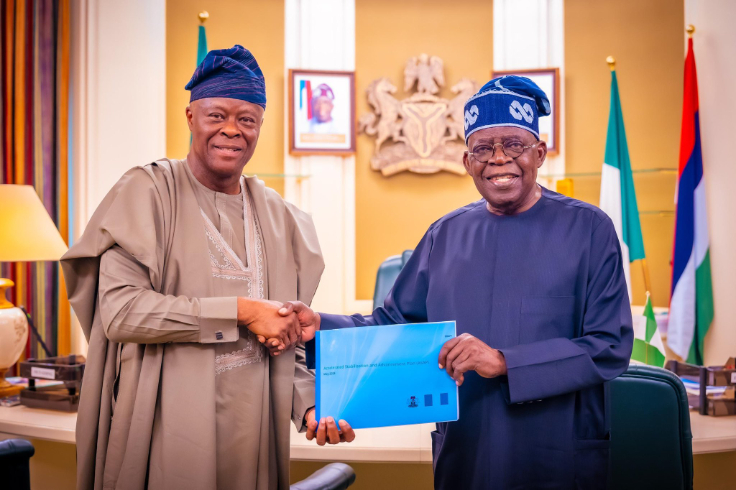
Nigerian Textile
The importation of textile products into Nigeria has tremendously increased hitting a 297.8 percent within the period of five years to N726.18 billion in 2024 from N182.53 billion in 2020.
According to the National Bureau of Statistics (NBS), textile imports have risen consistently from 2020 when it was N182.5 billion, N278.8 billion in 2021, N365.5 billion in 2022, and N377.1 billion in 2023.
Based on the indices, an industrial investment expert and CEO, Arise Integrated Industrial Platform, Gagan Gupta, advised that the textile industry in Nigeria could be revived through bold reforms and targeted infrastructure investment.
He said this while speaking on the theme, “The Journey to Making Africa Global Manufacturing Hub”.
According to him, Nigeria meets much of its textile demand locally, noting that the country is rich in cotton and can build competitive value chains if the right frameworks are in place, and thus position itself as a major player in the $10.3 billion global apparel export market..
He however stressed that Nigeria will continue to miss out on one of its most promising industrial opportunities if urgent action is not taken.
Gupta noted that local businesses in Nigeria frequently struggle with inadequate access to funding and working capital, adding that securing raw materials remains another major obstacle, as does the high cost of foreign exchange, which continues to inflate the price of imported inputs and machinery.
He said, “While Nigeria has the raw materials, a large labour force, and a growing consumer market, these advantages remain dormant due to the absence of a clear policy framework, infrastructural bottlenecks, and weak industrial systems.
“Without a deliberate push to modernise production facilities, improve transport networks, ensure steady access to power, and facilitate access to finance for manufacturers, Nigeria and other African countries will continue to import what they could be exporting.
“To truly unlock the potential of its textile and apparel industry, Nigeria must commit to long-term reforms that prioritise value addition, support local enterprises, and integrate the sector into regional and global value chains.” He said that transformation is possible when policy aligns with investment and targeted support, adding that reversing the trend of raw material export and dependence on imported finished goods requires a coordinated push from both the public and private sectors.”






